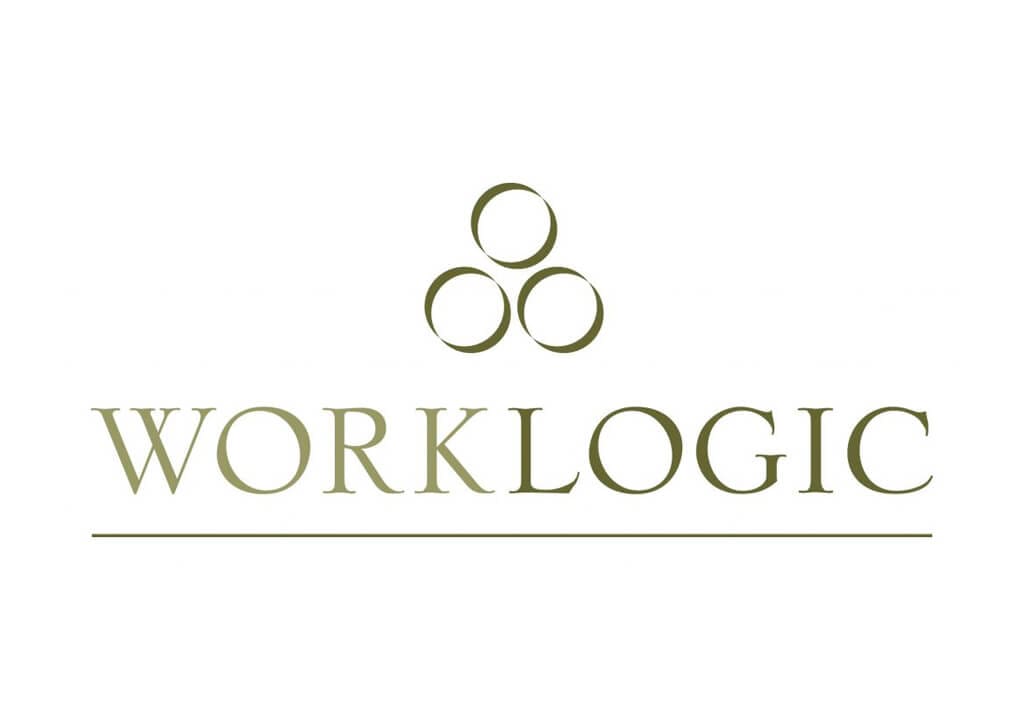December is upon us again. It’s the time of year when employees can feel mixed emotions and significant pressures.
On the one hand, there is the prospect of a well-earned long break, possibly involving white beaches, reading and ‘kicking back’. On the other hand, the impending holiday season is often accompanied by pressures to meet end of year work deadlines, while simultaneously maintaining the expected degree of jollity around the office.
Employers need to take action to minimise these stresses, and minimise the risk that employees will let off steam in unpleasant or antisocial ways, causing headaches for them and their employers.
Managing end of year tiredness, stress and mental health
There is no time of year when a sincere thank you to your employees is not appreciated, but the end of year festive season is perhaps the time it is needed most.
This is particularly the case if your employees are not winding down but rather trying to meet impending deadlines. They will be tired, perhaps ‘over it’ and needing particular some special managerial appreciation. A simple handwritten note or card offering personal, specific thanks can make a big impact on employees.
Try to avoid putting unnecessary pressure on your employees to complete projects by end of year, and look at ways to look after employees generally.
Here are some ideas on how to do this:
- Make a realistic assessment of what activities and output are possible and reasonable over the holiday period.
- Where possible, reduce pressure on staff by managing customer/stakeholder expectations accordingly. This may mean ‘pushing back’ to clients or stakeholders in order to ensure the wellbeing of your employees.
- Ensure that holiday rostering is undertaken in as fair and collegiate a manner as possible in the circumstances.
- Encourage all staff who have not taken leave during the year to take a break.
The festive season can also be a difficult or anxious time for those who are alone, who have recently lost a loved one or who suffer from depression or anxiety. These employees may require extra support and understanding, so managers should look out for signals of people struggling. If you offer a staff counselling service, now is a good time remind your staff of this entitlement and how to access it.
News flash#1 – Not everyone is Christian
In Australian society in the past, Christmas was almost universally celebrated. However in an increasingly multicultural society, not everyone celebrates Christmas. According to the Australian Bureau of Statistics, while a significant proportion of Australians (52%) report that they are Christian, with Islam (2.6%) and Buddhism (2.4%) are the next most common religions, many do not identify as religious. Therefore, in the context of growing secularism and consumerism, the observance of Christmas for many people is social rather than religious.
What does this mean all for the ‘festive season’ in our workplaces?
Even though many employees love ‘Father Christmas’ and Christmas trees covered in fake snow, it is possible to celebrate the holiday season in a way that honours different religious and cultural traditions.
A good guide to the remarkably various cultural and religious dates in Australian society can be found here: Harmony Day calendar. And of course being inclusive is good for business; employees from different backgrounds feel more engaged if they feel valued, and productivity increases.
How to make your workplace more inclusive:
- Don’t assume that your team members are all Christian, even nominally. Seek input from employees from a variety of different cultural and religious backgrounds when planning end of year events. Feel free to ask employees whether they want Christmas decorations in their workplace or to take part in a gift exchange.
- Consider having a New Year’s party instead of a Christmas party, with decorations and food that are non-specific to any religion.
- Consider posting holiday-greetings on your webpage and intranet, or to clients, for many different religious holidays and festivals, demonstrating inclusion and respect for many cultures.
- When planning catering, consult in advance about the foods and drinks which may likely put off some employees. For example, Muslim and Jewish staff will not eat pork, and many religions do not allow alcohol. Ask who needs Halal, Kosher or vegetarian, and prepare and label these foods separately from other dishes.
News flash #2 – Not everyone drinks alcohol
It might be news to some but not everyone drinks or enjoys alcohol. And employees can feel pressure or even social exclusion if the drinking of alcohol is seen to be central to end of year work celebrations.
It can therefore be comforting for non-drinkers when a clear message is sent from the employer to all employees about responsible alcohol consumption, and when non-basic (perhaps even ‘fancy’) non-alcoholic options are available at social events. Look beyond mineral water, cola and orange juice, to lemon lime and bitters, non-alcoholic punch or mocktails. Use your imagination (try imagining not drinking alcohol!).
Managing the risks associated with office Christmas parties
Now let’s deal with the big issue head on: the office Christmas party. Phyllis Diller once said that the only thing she didn’t like about the office Christmas party was looking for a new job the next day. This ‘joke’ reflects the bitter experience of many.
It’s well known (and observed by us at Worklogic) that some of the key risk factors for sexual harassment are alcohol and events or situations in which the line between ‘at work’ and ‘after work’ is blurred – particularly regarding relationships and behaviours.
For this reason, together with ‘after work’ drinks, and ‘staff away days’ or ‘retreats’, the end of year office party is very high risk.
Steps employers can take to minimise unpleasant shenanigans at these events:
- Set clear expectations around acceptable behaviour; remind your staff in advance of your workplace behaviour policies and that these policies continue to apply during social occasions. This message could sensitively include a reminder that employees should not drink too much.
- Do not allow your employees access to an open and unlimited bar. Ensure the serving of alcohol is measured and monitored by management, with plenty of non-alcoholic alternatives on view, and always accompanied by food. Make sure you don’t run out of food or non-alcoholic options. If there is evidence of over-indulgence, offer (or insist on) a taxi home.
- Set clear rules around office gifts. Let your employees know that ‘Secret Santa’ gifts should never be of a sexual or suggestive nature, and not be likely to cause embarrassment or offence, for example by referring to someone’s appearance, weight, religion, race, marital status etc.
The new year should be an inclusive celebration of everyone’s efforts during the year. With a little planning, you can ensure that all staff feel valued and included.
Whatever your faith, social custom or drink of choice, Worklogic wishes you a very happy new year!
About Tom Henry
 Tom Henry is a Senior Investigator at Worklogic.
Tom Henry is a Senior Investigator at Worklogic.
He has led numerous challenging, highly technical workplace investigations in a variety of sectors, and is also in demand as a workplace trainer and speaker. He understands the value of clear and concise communication, excellent client service and effective case management.
Subscribe to the Worklogic blog to receive expert advice on resolving workplace complaints and building a positive culture at work direct to your inbox each week!



